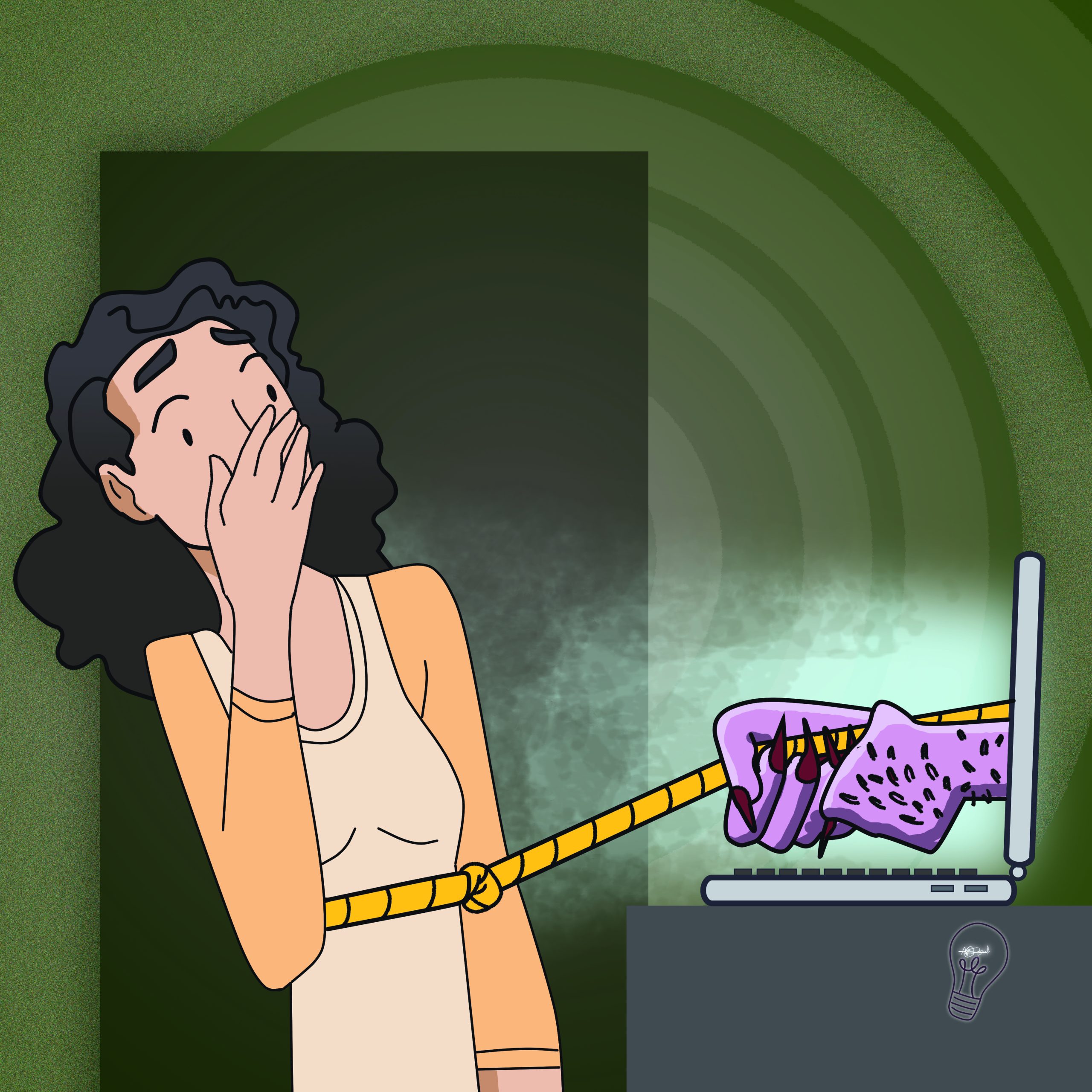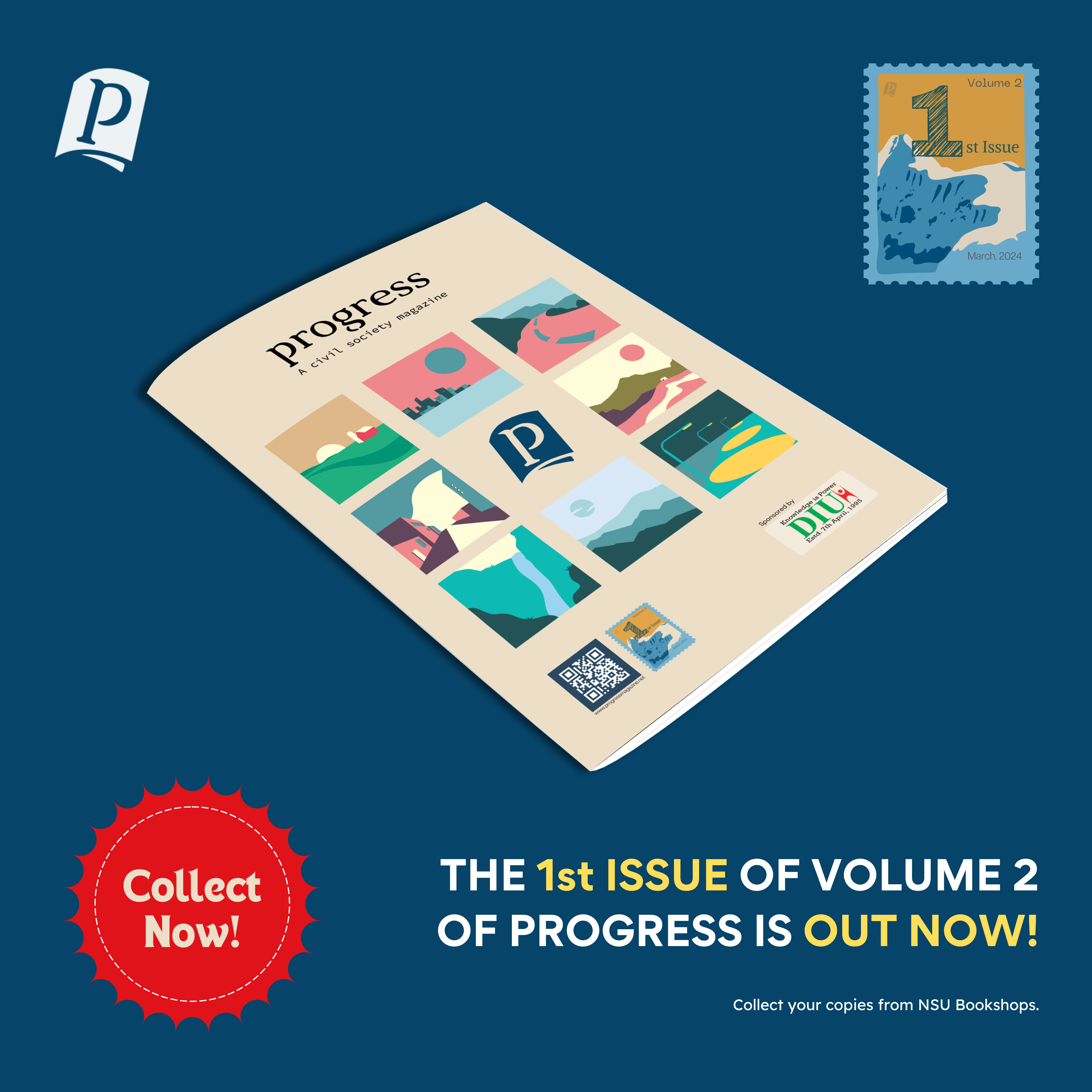Nicole Fox Fenlon, a 21-year-old Irish lady affectionately known as Coco to her friends and family, died in January 2018 by suicide after suffering from years of awful online abuse. Jackie Fox, her mother, exposed that the online bullying had continued even after Nicole had once tried to take her own life in 2016. The abusers made fake Facebook pages and pressed her through Snapchat, WhatsApp and Messenger to hang herself. They even sent her videos of a noose, showing how to hang herself. The abusers used online platforms because they knew they would get away with it since there was no law to prevent and penalise online harassment then. As a result, Jackie converted her unbearable grief into changing the regulations around online harm and fought tirelessly to ensure stringent legislation to criminalise persistent online abuse.
Subsequently, after years of campaign by Jackie Fox, the Irish policymakers enacted a new law, namely the Harassment, Harmful Communications and Related Offences Act in 2020, otherwise known as Coco’s Law, to address a number of emerging online offences, including taking and distributing intimate images online without consent; online or digital harassment; a specific offence of stalking; an expanded offence of sending, threatening or indecent messages; and revenge pornography. Although such a law was not there to safeguard Nicole Coco, this new enactment can shield others’ lives and families from suffering.
This piece will mainly focus on the most common types of online abuse – sharing or threatening to share intimate videos or images online without consent- which is a global concern nowadays, particularly after the evolution and popularisation of social and communication media. Almost every day, males, females, transgender persons and children become victims of these crimes anywhere in the world. Such incidents involve many offences, i.e. blackmailing, sextortion/ extortion, fraud, etc. The scenario of Bangladesh is not different as the scope and legal framework to deal with these types of issues is still narrow here.
‘I possess your intimate photos/ videos, and I am going to spread these if you fail to comply’ is, unfortunately, a much-heard threat against persons of all ages and genders in Bangladesh. Victims rarely report online abuses that amount to sexual harassment, as it barely brings justice. They avoid complaining due to social stigma and the fear of victim blaming and character assassination. Limited implementation of existing laws to stop the offenders from engaging in such horrendous activities is another reason not to discuss the issue. However, there are several laws at present in Bangladesh, i.e. the Nari O Shishu Nirjatan Daman Ain, 2000 (Women and Children Repression Prevention Act); the Information and Communications Technology (ICT) Act, 2006; the Pornography Control Act, 2012 and the Digital Security Act (DSA), 2018 to deal with online abuses to some extent. Nonetheless, none of the above laws are comprehensive enough to adequately address sexual harassment in social media and other online platforms. For instance, Section 9A of the Women and Children Repression Prevention Act states whoever wilfully snatches the reputation or character of a woman without her consent and by this directly induces the woman to commit suicide shall commit an offence of causing suicide and he shall be punished with imprisonment which may extend to ten years and also liable with fine. The law does not explicitly mention digital harassment or online sexual violence like sexting, online stalking, revenge porn or spreading intimate images online. Training the staff working for the National Helpline for Violence Against Women and Children (a call at 109) is also essential to handle digital sexual crimes sensibly. Section 57 of the controversial ICT Act provides that a person can be punished for sharing obscene posts online for a maximum of 10 years of imprisonment and a maximum fine of Taka 1 crore. However, it does not define the term ‘obscene’. The Pornography Control Act, 2012 makes it a crime if anybody entices any woman, man or child to participate in producing pornography and captures still images or videography of that with or without his knowledge under section 8(1). Furthermore, the Act has a provision to penalise a person who harms the social or personal dignity of another person through pornography, or extorts money or any other benefit through fear, or inflicts mental tortures through pornography recorded knowingly or unknowingly of that person (S. 8(2)). Distributing pornography through the internet, website, mobile phone or any other electronic device is also prohibited under section 8(3) of the mentioned Act. Nevertheless, the Act focused only on pornography, not revenge porn or other aspects of online sexual harassment. Again, Section 29(1) of the infamous Digital Security Act merely penalises disseminating defamatory content on online platforms. However, there is no mention of sharing or threatening to share intimate photos or videos. On the other hand, Coco’s Law aims to prosecute the evolving forms of online abuse. It changed the previous concepts and provided anonymity to the victims of those crimes. Consequently, sharing or threatening to share intimate images online without consent and with or without intent to cause harm to the victim is now a crime in Ireland. Within the meaning of an ‘intimate image’ falls a person who might or might not be underwear-covered. Hence, the definition undoubtedly includes images that show genitals, buttocks, anal region and breasts or images of a person engaging in sexual activities. It is irrelevant whether the person in the image willingly took it and sent it to someone they trusted. Sanctions extend to pictures taken or videos recorded without the person’s knowledge of the content. The punishment for this offence is up to seven years in prison and an unlimited fine. The law also recognises ‘deep fake’ as a crime, i.e. sending an intimate image purporting or claiming to be of another person even if the image is not actually of him.
The recording, distribution, or publication of intimate images is also punishable under the law, even if the person who records, distributes or publishes the image without consent intended to cause no harm. It is sufficient on the part of the law to act if taking, recording or distributing an intimate image affects a person’s peace and privacy or causes him harm or distress.
Now, the question is, how long shall we wait for such a Coco’s Law to be enacted in Bangladesh? Are we not able to hear the misogyny of thousands of victims of online sexual abuse or exposed intimate photo/video victims, or shall we wait for another Nicole Coco to dedicate her life to catch the attention of the legislators? In light of the sheer volume of abuse in the virtual world, a proper legislative mechanism should be considered to address the issues urgently.
Demonising anyone in this context is unacceptable. However, it is high time to build a safer digital Bangladesh by first recognising these common offences as online abuse and then enacting new legislation like Coco’s law that penalises all new forms of online abuse in social media or other platforms. Lastly, the law has to create an easy and accessible complaint mechanism for all the victims of the non-consensual distribution of private and intimate images, maintaining anonymity. The law should also insert provisions for conducting the proceedings on camera and ensuring that the victims do not have to undergo additional harassment from state institutions. Otherwise, the offenders will keep getting immunity in the absence of a concrete law and turn the virtual world of the much-envisioned ‘digital Bangladesh’ into a haven for online abuse.











